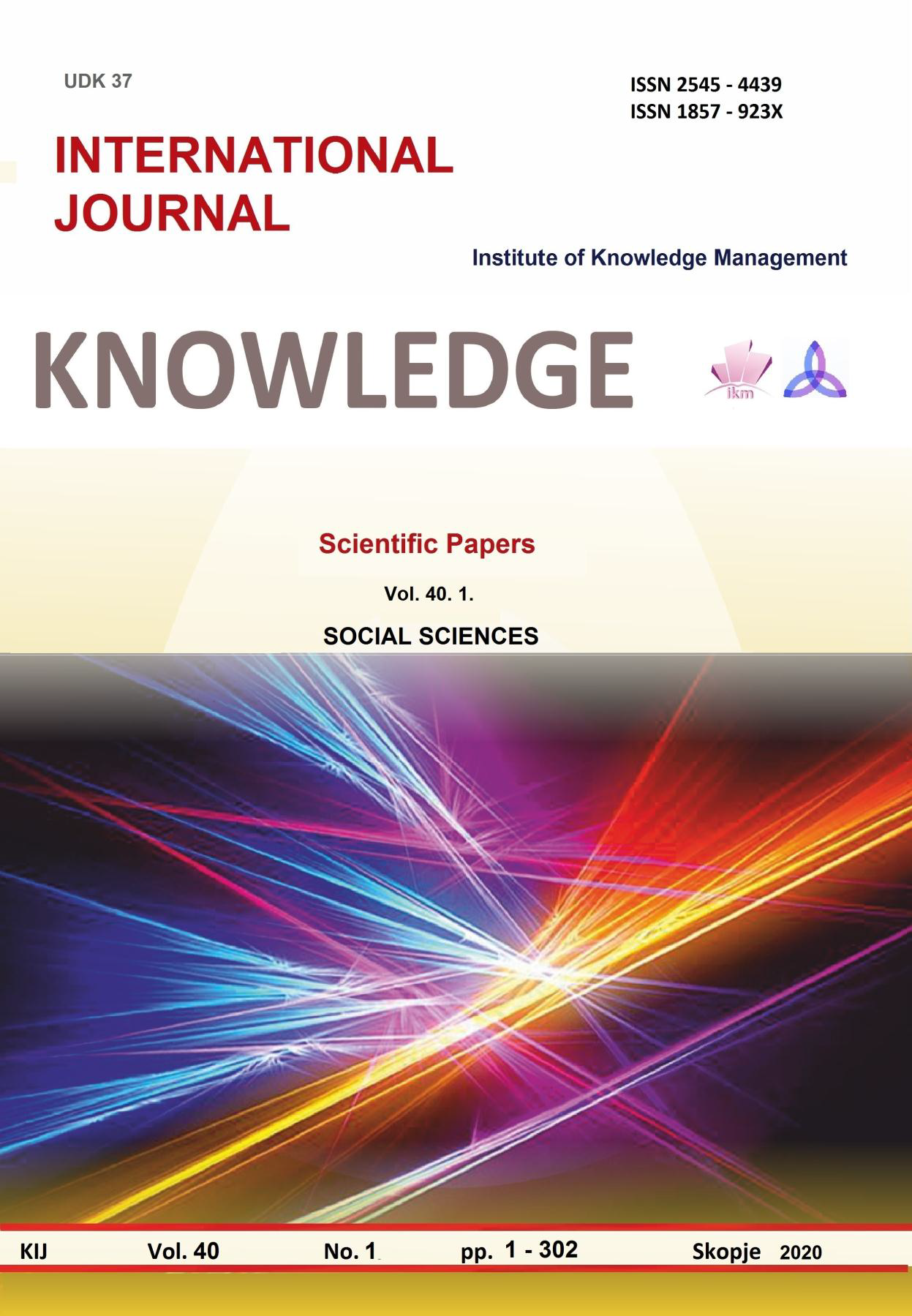KONKURENTNOST KAO OSNOVA I ODREĐIVANJE RASTA I RAZVOJA KROZ PRIZAM PREDUZETNIĈKE ODGOVORNOSTI
COMPETITIVENESS AS A BASIS AND DETERMINANT OF GROWTH AND DEVELOPMENT THROUGH THE PRISM OF ENTREPRENEURAL RESPONSIBLITY
Author(s): Rajko Novićević, Nikola Abramović, Sandra Đurović, Nermin ŠkretovićSubject(s): Social Sciences
Published by: Scientific Institute of Management and Knowledge
Keywords: competitiveness; entrepreneurial responsibility; knowledge; human capital; capabilities
Summary/Abstract: The era of globalization, open market and competition imposes a permanent need on entrepreneurs to work on themselves and find those solutions and ideas that will be in the function of keeping up with the competition in their industry, whereas their overall sustainability must go a step further and strive to be so proactive and able as to impose on the competition a task of following it. This is a valid representation of the environment in which we live, work and create - it is the foundation of the development of entrepreneurs and their companies, and at the same time, the basic development substance of the Montenegrin business environment. Competitiveness and competition are not products of our will nor are they only products of our economic and social environment, nor a new economic reality and phenomenon, but a fundamental determinant of the needs and requirements of modern development and an expression of the needs of a modern customer. Today, more than ever, there is increased pressure from stakeholders to recognize, respect and increase importance of the responsibility that entrepreneurs must have towards their internal and external stakeholders, all with the aim of creating new social and economic values (Frink & Klimoski, 2004.). The essence of such entrepreneurial responsibility must be a reflection of the expectations of stakeholders, whether inside or outside the company. The basic determinant of such access is contained in the value that the entrepreneur affirms, i.e. incorporates in the company and is expressed through a specific managerial capital that manifests through their knowledge, abilities, skills, risk tolerance and the like. Such entrepreneurial human capital ―includes a set of skills, expertise and knowledge that are often acquired in the hierarchy of experiences gained in a company, industry or related industries and differ in their specificity and transferability through companies‖ (Pukthuanthong-Le & Sundaramurthy, 2009). Montenegrin society and the state still belong to the category of transitional societies with a value system that has not yet been clearly differentiated. On the other hand, the entrepreneurship globalization with all its relapses does not wait, but imposes needs and tasks by changing the context of transition economies. This brief reflection on the situation and challenges in the Montenegrin economic and social context, and against the background of sustainability and competitiveness, imposes a clear imperative of action manifested in the development of human capital as the basic premise of competitive sustainability.
Journal: Knowledge - International Journal
- Issue Year: 40/2020
- Issue No: 1
- Page Range: 171 - 173
- Page Count: 3
- Language: English, Montenegrine

